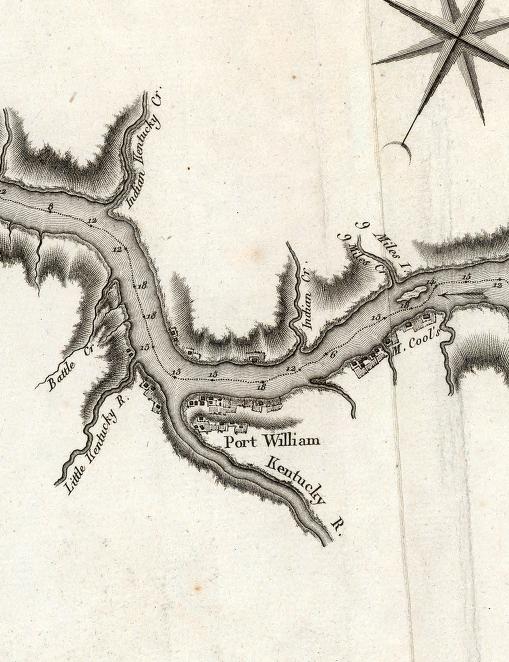And Canby got those friends to sign two bonds that guaranteed his performance, one for $30,000 in 1829 and another $30,000 the next year. But Canby fleeced the land office in 1831 and 1832—one study concluded Canby financed his purchase of thousands of acres of land using public money--and came up short by $52,531.04 in public money when he left the office.
The sureties were a noteworthy crowd: state legislator Nathan Palmer; future lieutenant governor, David Hillis; noted lawyer Jeremiah Sullivan, Senator William Hendricks; and Michael G. Bright, later the power broker for his brother, Sen. Jesse D. Bright—all Madisonians. Also on the hook were Senator John Tipton and Gen. John Milroy.
It’s not known if Canby’s friends were victims or co-conspirators.
For example, he entered 1,570.95 acres in the name of William Hendricks and 222 acres in Hillis’ name, according to an April 1833 statement. The land wasn’t paid for and the acres were actually entered by Canby. There was no conclusion whether the two politicians knew about this.
The government, through attorney Tilghlman Howard, sought to get its money. The assets of Hendricks and John Tipton were garnished and they paid $4,228.51. Distress warrants were issued and the following assessments were made on their assets: Joseph Canby, $5,400 for land in
The only problem was that, given the record keeping involved, the government didn’t know if any of the properties were sold or if it got the money if they were.
There were a series of investigators. Howard turned the records over to John Pettit in Jan. 1840. Pettit collected some money, but there’s no record he transferred it to the treasury and he told the government it owed him a great deal. His successor, named Cushing, who took over in Sept. 1841, was supposed to document a suit against Pettit. But that didn’t happen.
Meanwhile, Canby was busy trying to cushion his friends. He transferred a large amount of assets to John Wilson and Samuel Milroy, two of his sureties. This included “a large amount of real estate, and transferred to them notes, bonds, &c., to indemnify them as well as the other sureties.”
Canby transferred “large amount of debts” to a man named Vance. Another surety, Robert Piatt had land and Negroes in
In fact, Howard concluded on April 3, 1833 that Canby was “trading with an eye to events.” The official conclusion was that at this point “Canby absconded, and the marshal of
Canby had assets enough to cover the shortages. He purchased 2,376 acres of land sold for the benefit of the Wabash and
This all came out in a Congressional report in 1869 in which the surviving three sureties—Bright, Palmer and Sullivan—asked for legislative relief so they wouldn’t be stuck for the entire amount. The report said that with interest, the debt had grown to $133,000. However, it also noted there if Canby and his sureties’ notes and land actually been sold, there was more than enough to cover the debt.
But assets weren’t sold and if they were, payments weren’t credited. Judgments obtained were worthless because land had been sold to others. And throwing up its hands, a committee concluded the fair thing was not to this all on the three sureties and recommended passage of the bill.
The only people who lost a lot were taxpayers.


No comments:
Post a Comment